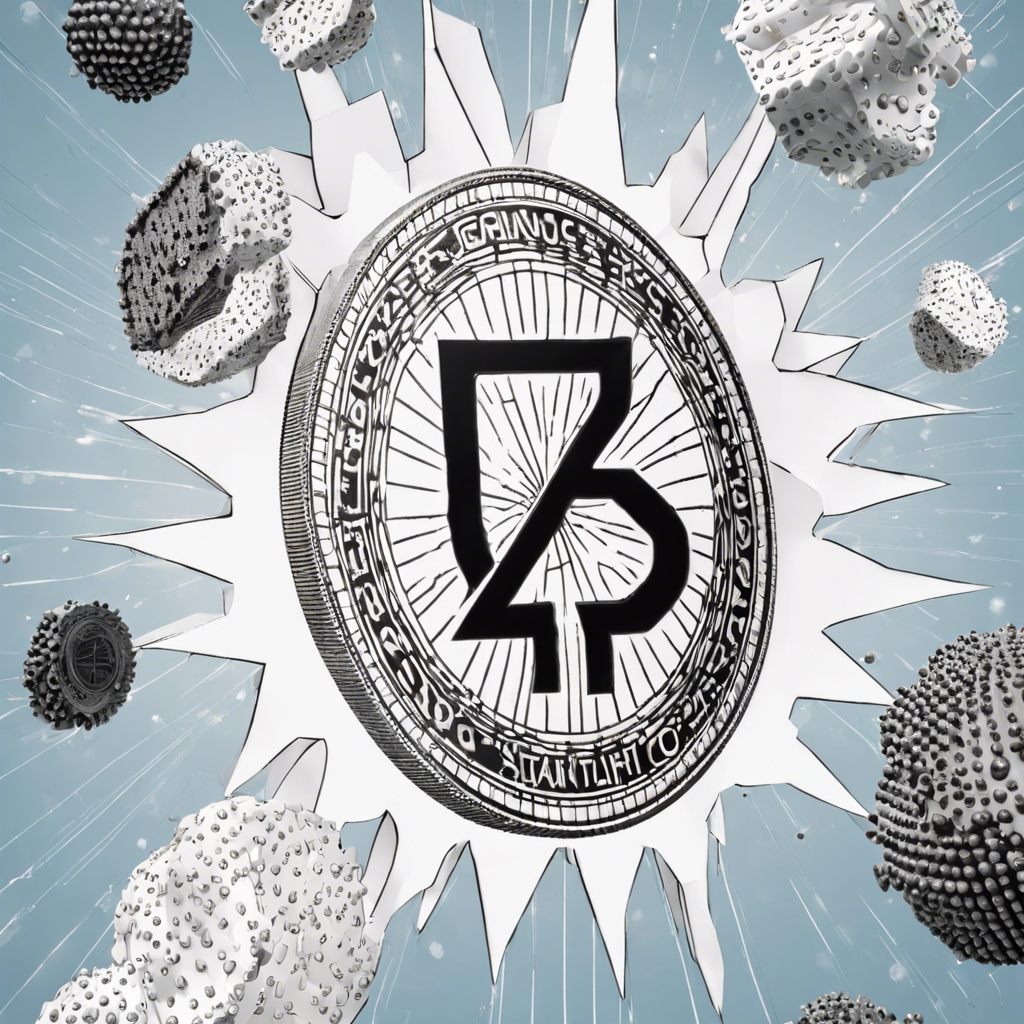Cardano Smart Contracts Experience Explosive Growth, Surpassing Early-Year Figures by Over 200%

The Cardano blockchain witnesses a significant increase in the number of smart contracts, showcasing the platform’s development and potential.
In a remarkable display of growth and development, the Cardano (ADA) blockchain has experienced a surge in the number of smart contracts deployed throughout 2023. Data from Cardano Blockchain Insights reveals that the platform has witnessed a staggering increase, outpacing the figures recorded earlier in the year. This surge in smart contracts signifies the platform’s commitment to enhancing functionality and establishing itself as a leading player in the blockchain space.
Cardano’s Smart Contract Expansion:
The statistics indicate that the number of Plutus V1 scripts on the Cardano blockchain has risen from 4,718 at the beginning of the year to 6,293, marking a significant 33.38% growth. Moreover, the number of Plutus V2 scripts has seen a remarkable surge of 230%, growing from 2,421 in May to 8,009 as of December 23. Collectively, the Cardano Plutus V1 and V2 scripts have hosted a total of 14,302 smart contracts, adding an impressive 9,584 smart contracts to the platform since the start of the year.
The Development of Cardano’s Smart Contract Functionality:
This surge in smart contracts aligns with Cardano’s ongoing efforts to enhance its network and improve the functionality of its smart contract feature. On December 15, the Cardano development team released the final update of the year, focusing on the Cardano ecosystem. The team successfully implemented common subexpression elimination (CSE) for Untyped Plutus Core, the programming language that connects smart contracts to the final settlement layer of the Cardano blockchain. This implementation has resulted in significant improvements in the costs and sizes of most scripts, further solidifying Cardano’s position as a platform for decentralized applications and non-fungible tokens.
The Significance of Smart Contracts on Cardano:
Smart contracts were introduced to the Cardano blockchain with the Alonzo hard fork in September 2021. The Plutus Platform was designed as a medium for creating these smart contracts. The purpose of smart contract functionality on Cardano is to transform the platform into a hub for developers to build decentralized applications (dApps) and generate non-fungible tokens (NFTs), similar to what is available on the Ethereum blockchain.
Cardano’s Progress Compared to Ethereum:
While Cardano’s growth in the number of smart contracts is impressive, it still has a long way to go to catch up with Ethereum, the leading blockchain for smart contracts. Data from Dune Analytics reveals that Ethereum witnessed a significant influx of 1,609,414 million smart contracts in April alone, highlighting the dominance of Ethereum in this space.
Conclusion:
The explosive growth of smart contracts on the Cardano blockchain showcases the platform’s commitment to innovation and development. With the implementation of common subexpression elimination and continuous improvements, Cardano is positioning itself as a formidable competitor in the smart contract arena. While it may still lag behind Ethereum in terms of numbers, Cardano’s growth and potential cannot be underestimated. As the platform continues to attract developers and users, it is poised to make significant strides in the world of decentralized applications and blockchain technology.

